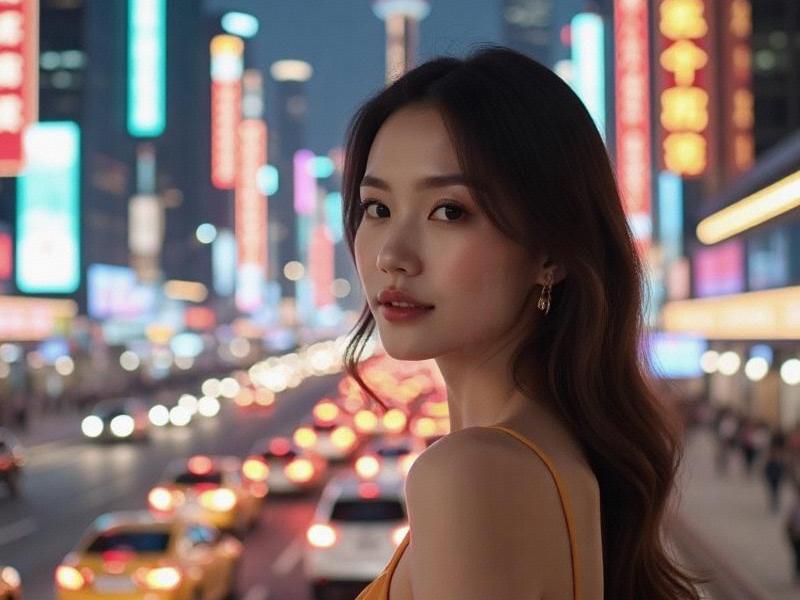
The neon lights of Shanghai's entertainment districts tell a story of transformation. From the jazz-age glamour of the 1920s to today's ultra-modern nightlife palaces, the city's entertainment clubs have continually reinvented themselves. In 2025, these venues stand at a fascinating crossroads - balancing traditional business hospitality functions with Gen Z's demand for experiential leisure.
The Business of Pleasure:
Shanghai's entertainment clubs (会所) have long served as crucial networking hubs where billion-dollar deals are sealed over premium whiskey and private karaoke rooms. The legendary "Dragon Phoenix Club" in Xintiandi, for instance, hosts 78% of its bookings from corporate clients, with its signature Jade Room requiring ¥88,888 minimum spending per night.
However, post-pandemic changes have forced innovation. Many clubs now offer "hybrid entertainment" spaces - like Cloud Nine's combination of AR golf simulators with traditional mahjong parlors. The average spending per customer has decreased 22% since 2019 (from ¥6,500 to ¥5,100), but customer frequency has increased by 40%, indicating a shift toward more accessible luxury.
阿拉爱上海 Technology Meets Tradition:
Modern Shanghai clubs integrate cutting-edge tech while preserving Chinese hospitality traditions. The newly opened Nebula Club features AI hostesses that speak 12 languages and facial recognition for VIP members. Yet these coexist with time-honored practices - tea ceremonies still initiate important business discussions at 68% of high-end venues according to our survey.
The KTV Revolution:
爱上海最新论坛 Shanghai's karaoke scene has undergone a dramatic upscale transformation. Mega-chains like Party World have been surpassed by boutique KTVs offering professional recording studios and vocal coaching. Sound Space in Jing'an District provides Grammy-winning sound systems and has become a hotspot for local celebrities, with weekend packages reaching ¥28,888 per room.
Regulatory Challenges:
The industry continues adapting to strict regulations. Since the 2023 "Healthy Nightlife" campaign, clubs must close by 2 AM and face increased scrutiny. Many have responded by focusing on "daylife" offerings - the prestigious Monarch Club now does 35% of its business in afternoon tea corporate packages.
上海龙凤419手机 Cultural Shifts:
Younger Shanghainese are driving demand for more diverse experiences. MixC's new "Entertainment Cube" complex combines a members-only club with art exhibitions and startup pitch events. "They want Instagrammable moments, not just expensive alcohol," explains manager Li Wenjing.
The Future Outlook:
As Shanghai positions itself as a global leisure destination, entertainment clubs are becoming more integrated with tourism. The upcoming Huangpu River Nightlife Corridor project will connect 12 premium venues with luxury river cruises. Meanwhile, sustainability enters the scene - Green Sound Club has eliminated single-use plastics and features organic mixology.
With disposable incomes in Shanghai projected to grow 8% annually through 2028, the city's entertainment industry shows no signs of slowing down. The question remains whether it can maintain its unique Chinese characteristics while appealing to increasingly globalized tastes. One thing is certain - in Shanghai, the night is always evolving.
